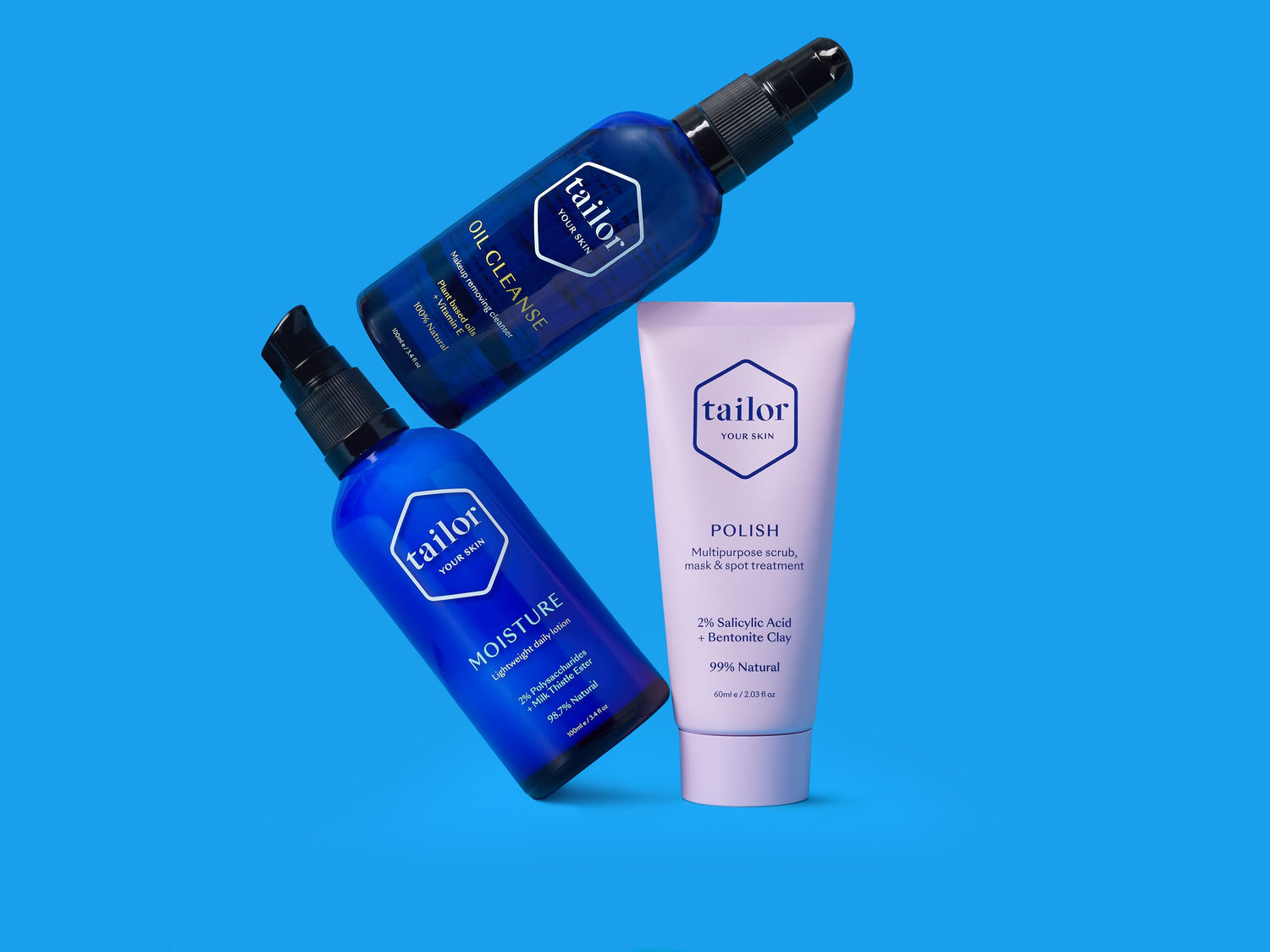
Did you know that the health of your skin is directly linked to your hormonal cycle?
You may notice that your skin sometimes looks better during certain parts of your monthly cycle. If you’ve been pregnant or entered perimenopause, you’ve likely had changes in your complexion during those times as well. Breakouts, blemishes, oily skin, and related symptoms are associated with our hormone levels.
We recently had a chat with Lisa Walker from BePure to discover how hormones can affect the skin and what we can do about it.
Hi Lisa! Can you explain why it's common to experience breakouts before the menstrual cycle?
As we lead into our monthly bleed, our hormones oestrogen and progesterone begin to decline. This drop in hormone levels can increase the amount of sebum the skin makes and thus lead to the development of a breakout.
How can hormones affect your skin positively?
Oestrogen promotes skin elasticity by stimulating the production of collagen, elastin, and hyaluronic acid which helps the skin to stay plump and youthful.
Progesterone and testosterone both stimulate the production of sebum or the oil glands in the skin. When in balance, these hormones help to compress the look of pores and protect your skin and hair from moisture loss. Sebum may also have an antimicrobial or antioxidant role and aid in protecting the skin from damage.
Can you explain xenoestrogens that are commonly found in skincare products) and how they can impact your health?
The word xenoestrogen has Greek origins and when translated, literally means “foreign estrogen”. Xenoestrogens are also called “environmental hormones” or Endocrine Disrupting Compounds and are regarded by scientists as serious environmental hazards that have hormone disruptive effects on both wildlife and humans. Xenoestrogens are synthetic and chemical compounds that possess a molecular structure similar to that of oestrogen. Because of this, they are able to bind to oestrogen receptor sites and disrupt our endocrine system. Xenoestrogens like parabens and phthalates can be found in all types of personal care products which makes it important to know you are putting “on your body” - Your skin is an organ after all.
What is the importance of using natural skincare products on your overall health?
Your skin is an organ that needs nourishment - you wouldn’t coat your liver in chemicals, so why do it do your skin. When it comes to nourishment, nature gets it right every time. If your goal is radiant skin, nourish your body from within and topically by using skincare products that contain ingredients made by nature - not in a lab.
The chemicals and toxicants found in modern skincare do not provide our skin with nourishment and are, if anything, health detracting. Many of the chemicals synthetic compounds found in modern skincare products have been linked to infertility and hormonal imbalances - along with a whole host of other adverse health outcomes. When we look at health from a holistic view, we need to consider all aspects of wellbeing, including toxic exposure.
What are some simple daily things we can do to keep our hormones and skin happy?
- Simplify your cosmetics: Aim to use as few products as possible and choose products with smaller ingredient lists and fewer synthetic chemicals where you can. Avoid synthetic fragrances by skipping past products with the word “fragrance” on the label, and opt for products that have an ingredient list you recognise and could potentially eat.
- Opt for DIY personal care products: Some personal care products are easy to make yourself. Trial making your own coffee, sugar or salt scrubs using this recipe from the BePure website
- Research Products Yourself Since the beauty industry is largely unregulated, it’s up to you to do your own research to find the safest products. There are no legal standards for personal care products that are labelled as “pure,” “natural” or “organic,” so look beyond the marketing claims and read labels carefully.

